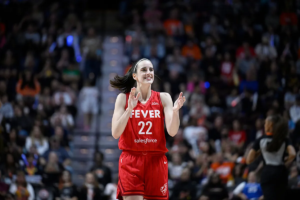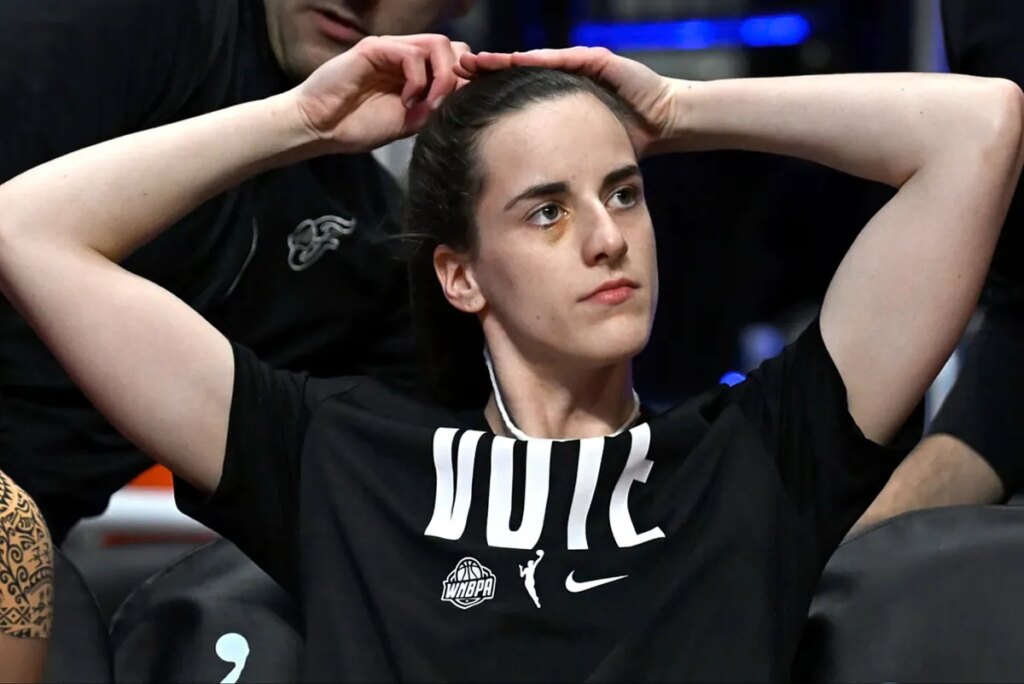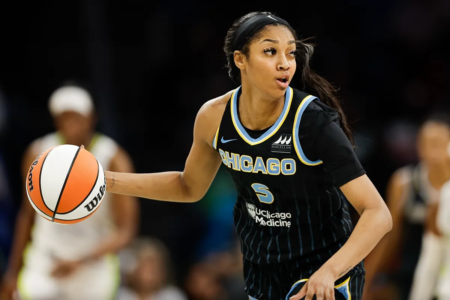It’s no secret that WNBA salaries have nothing to do with the super-million dollar contracts that NBA stars have, which is why the girls have to look to play for other teams in other leagues, usually in Europe, in order to earn some extra money.
But a recent proposal by analyst Jason Whitlock may shake up the WNBA: the creation of another league within the United States. Whitlock recently made some waves with his suggestion that rookie sensation Caitlin Clark should spearhead a league to rival the WNBA. The idea comes at a time when players like Clark and the Indiana Fever are in the offseason, and as the New York Liberty and Minnesota Lynx battle it out in the WNBA finals.
Whitlock’s bold claim stems from the fact that many players have turned to playing in overseas leagues to make up for the relatively low salaries in the WNBA. He pointed out, “Half the WNBA right now is overseas, playing in some foreign league because they don’t make enough money during the WNBA season.” This situation has led him to propose the idea of a rival league that could potentially offer better opportunities for players.
During his Fearless program, Whitlock didn’t hold back in expressing his views on the matter. He criticized the management of the WNBA and emphasized the potential for a new league. “They’re already playing in rival leagues, why not start a rival league? You can have a rival league that operates during the summer or you can have a rival league that starts now. Right here in America,” he stated.
Whitlock’s controversial proposal gains attentionshe
Whitlock also highlighted the impact of this situation on players like Kamilla Cardoso, who chose to play overseas. He mentioned, “I just saw Kamilla Cardoso, I can’t remember what country she was flying off to. But you think Kamilla wouldn’t say ‘Oh, I don’t have to leave the country, I can play basketball, and I can stay right here in America?‘”
The concept of a rival league led by Caitlin Clark is an intriguing one. It could potentially provide a platform for players to showcase their talent and earn better compensation without having to go abroad. This could be especially appealing for young players like Clark and Cardoso, who are beginning their professional careers and may not want to leave their home country to pursue better opportunities in basketball.
Whitlock’s idea raises important questions about the current state of women’s basketball and the opportunities available to players. It also sparks a conversation about how to improve the overall landscape of the sport and create more sustainable and lucrative options for athletes.
Overall, Whitlock’s proposal is thought-provoking and could potentially lead to positive changes within women’s basketball. It’s a bold idea that challenges the status quo and aims to address the financial concerns that many players currently face. As the conversation continues, it will be interesting to see how this idea is received and whether it sparks further discussions about the future of women’s basketball.
Read the full article here











